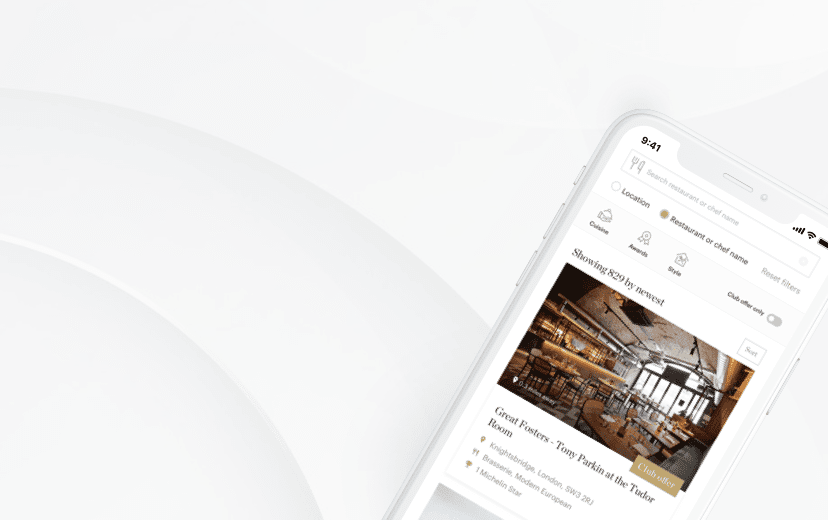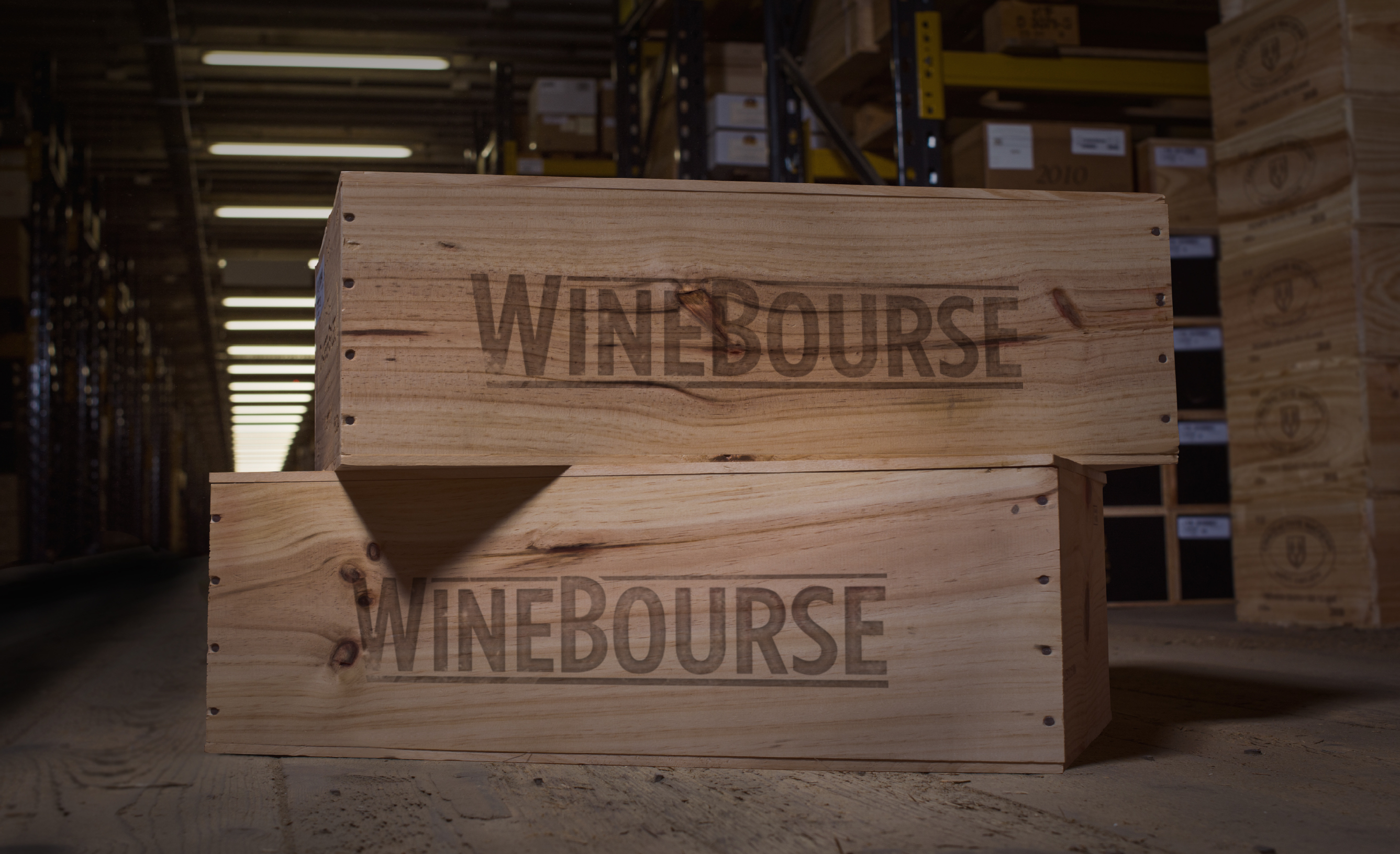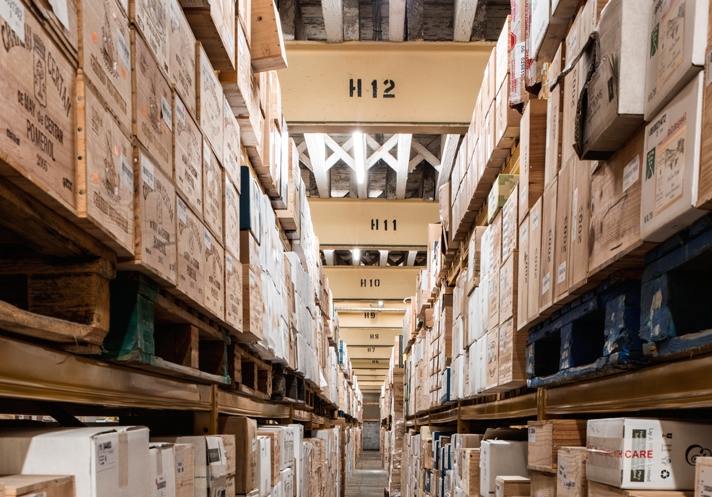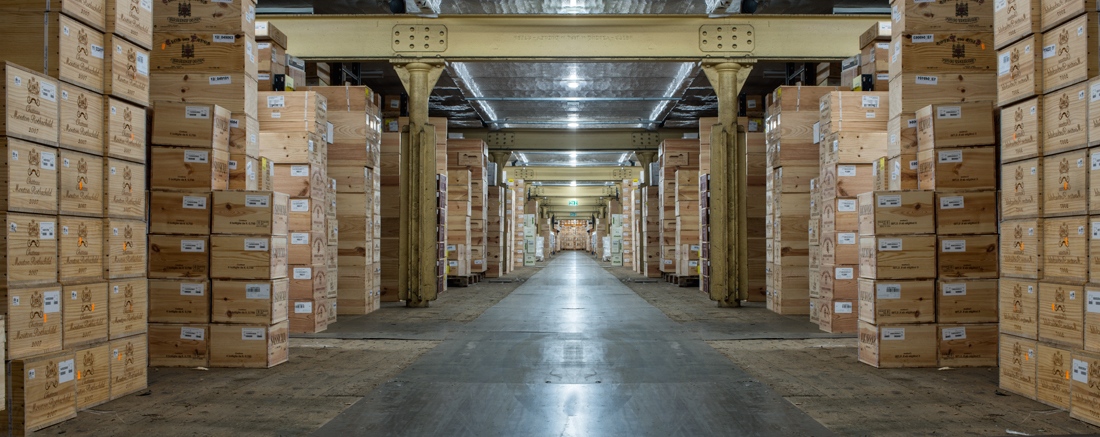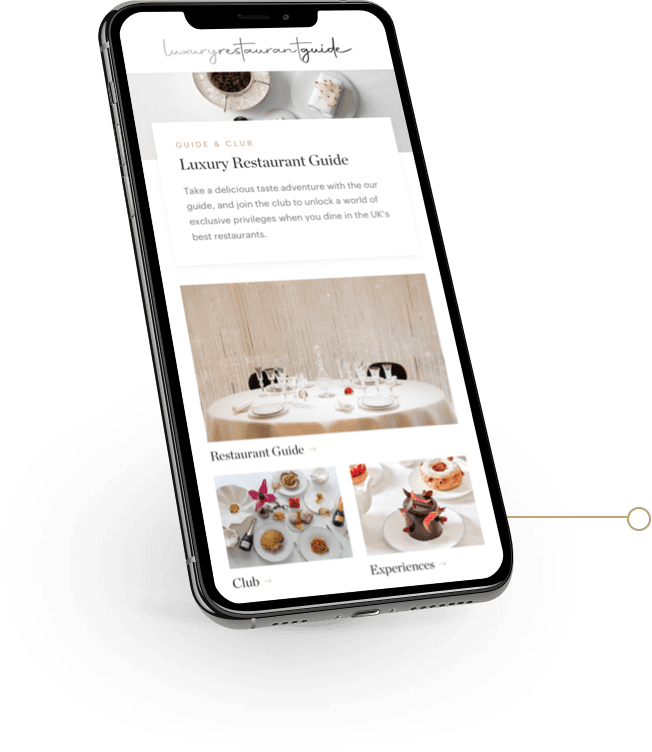Lifestyle Articles, Lists, Miscellaneous, Recommendations
End Summer On A High Note - Inspiration For Your August Bank Holiday
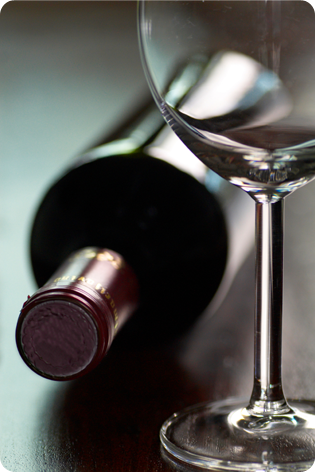
Recipes
Chef Recipe - White chocolate, whisky and croissant butter pudding by James Martin
Pitfalls and Potential of Fine Wine Investing
There has been a lot of literature discussing various investment opportunities, including the lucrative fine wine market, which is known for its outperforming returns compared to major investible markets and favorable tax treatment in the UK. However, becoming a successful investor in this market requires more than simply buying a few cases and storing them in your basement. As a diversified real estate investor trust, it’s important to consider not only which wines to invest in but also how they are stored to realize potential returns and avoid being scammed.
CEO of Luxury Restaurant Guide, Tessa Shreeve recently met with Matthew Starr, co-founder of WineBourse Group to find out how best to navigate through potential pitfalls that aren’t readily apparent when first venturing into this marketplace.
Tessa: Matthew firstly tell me why should people should invest in wine rather than just enjoy drinking it?
Fine wine is a unique asset class – its not just a luxury good and a collector’s item, but a very real tradeable commodity. Compared to other alternative investment classes, this makes fine wine very attractive. Investible wines will typically last 30, 40, 50 years or more, and will become more sought after as the age improves the quality. At the same time, natural consumption over the years will drive up values due to scarcity, the overall demand and supply dynamics are very positive with fine wine investment.
Tessa: There are many horror stories about various frauds, scams, and unscrupulous “boiler room” style sales tactics, which have seemingly increased along with the dramatic rise in prices. How can these situations be avoided?
Matthew: Where your wine is stored is critical in guarding against the risk of making a costly mistake. The vast majority of “investible wines” are not held in private cellars in people’s homes, but in purpose built storage warehouses. Furthermore, these wines are held in a “Duty Suspended” tax status, meaning excise duty and VAT are only applied if delivered for consumption. Its often referred to as “Bonded” or “In Bond” status, terms dating back to the UK’s first recognised Prime Minister, Robert Walpole and his Excise Scheme of 1733: “Importers were to give bonds for payment of duties when the goods were removed”.
Fast-forward 282 years, conservative estimates for the value of wine held in UK In Bond storage are £2-£3bn at cost, the market value is two to three times this amount. Wine investments and trading are also largely skewed towards wines held In Bond and for very good reasons. When wine is held in someone’s home for example, future buyers have no idea how well it was stored. As wine is fragile, it must be kept in correct temperature and humidity conditions to prevent spoiling, which is standard practice in a major wine storage company. Furthermore, the In Bond system has added assurances against potential fraud as all movements of duty suspended goods in the EU are recorded by national governments into an EU wide central database. As a rule of thumb, taking your wine investments out of this Bonded tax status can often reduce its value by 25% or more. Furthermore, purchasing your wine for investment without having to pay VAT or Duty is a better use of capital, more bang for your buck!
Tessa: A Bonded Warehouse sounds like it’s for pretty serious investors – suppose you are making a small investment?
Matthew: If you are not a very large collector, you might find storage rates are significantly cheaper with a third party wine merchant or broker than directly with a Bonded Warehouse. However, this doesn’t come without risks, wine is held in consignment means its legally owned by the third party company you are storing it with. In the case of bankruptcy, your wine is becomes part of the general assets that are subject to a liquidation process on equal footing with all other creditors.
The more subtle risk is the co-mingling of your wine with wine from other investors or the company itself. A company that is holding your wine in consignment can either by negligence or by devious intent, switch your wine with a case of the same wine owned by someone else. If you purchased a French wine from a reputable vendor or directly from a winery, you can be assured of its “provenance”, the most important concept in the fine wine market. However, if the same French wine is imported back into the EU from China, where there are many stories about fake fine wines being massed produced, the provenance is certainly not assured.
At the Bonded Warehouse level each case of wine that enters these storage facilities has a unique identifying number, often referred to as a “Rotation Number.” This number is assigned by the Bonded Warehouse, and is what is used to record the movements of duty suspended goods in the EU wide database. As a consumer, you not only own a case of wine that is held in consignment, you also own the rotation number assigned to it.
Tessa: I understand that alternative investments such as fine wine are largely still unregulated – what are the dangers?
Matthew: Basic rule: if the consignment company is unwilling to assign on record (invoice and/or online) the rotation numbers of your wines, you know not to store your wine with them. At best they are sloppy, at worst they are criminal, and in either circumstance, you do not want to take that risk. Investing in wine has developed rapidly in recent years, companies like, WineBourse, are set up to allow for efficient, secure and cost efficient transfer of ownership. Speaking in financial market terminology, Bonded Warehouses act in the same way as Central Securities Depositories, processing and recording book entry changes of ownership, bringing financial markets standards to the trading of fine wine.
However, we should never lose sight of the most attractive reason for investing in fine wine, opening a few bottles with friends and family, and enjoying what really makes fine wine so special after all. This isn’t only a financial commodity like gold or a collectors item like paintings, it’s a wonderful experience that often hasn’t a price tag.
Disclaimer:
WineBourse is a low cost exchange for cases of fine wine held In Bond. Its open to everyone, and never charges fees for membership. WineBourse does not offer specific investment advice or recommend any wines. As a neutral trading platform, we aspire to create the most transparent, fair, and inclusive market place for anyone interested in fine wines. Our custodial company WineCustody is set up like a trust company, where it’s only the nominee, and not the beneficiary owner of wine. All clients have full access to all rotation numbers of wines in their consignment, and are in control online of transfer in and out of the company’s consignment.
Enjoy additional privileges and savings when dining at over 400 listed Club properties with The Luxury Restaurant Guide. For more details click here.
